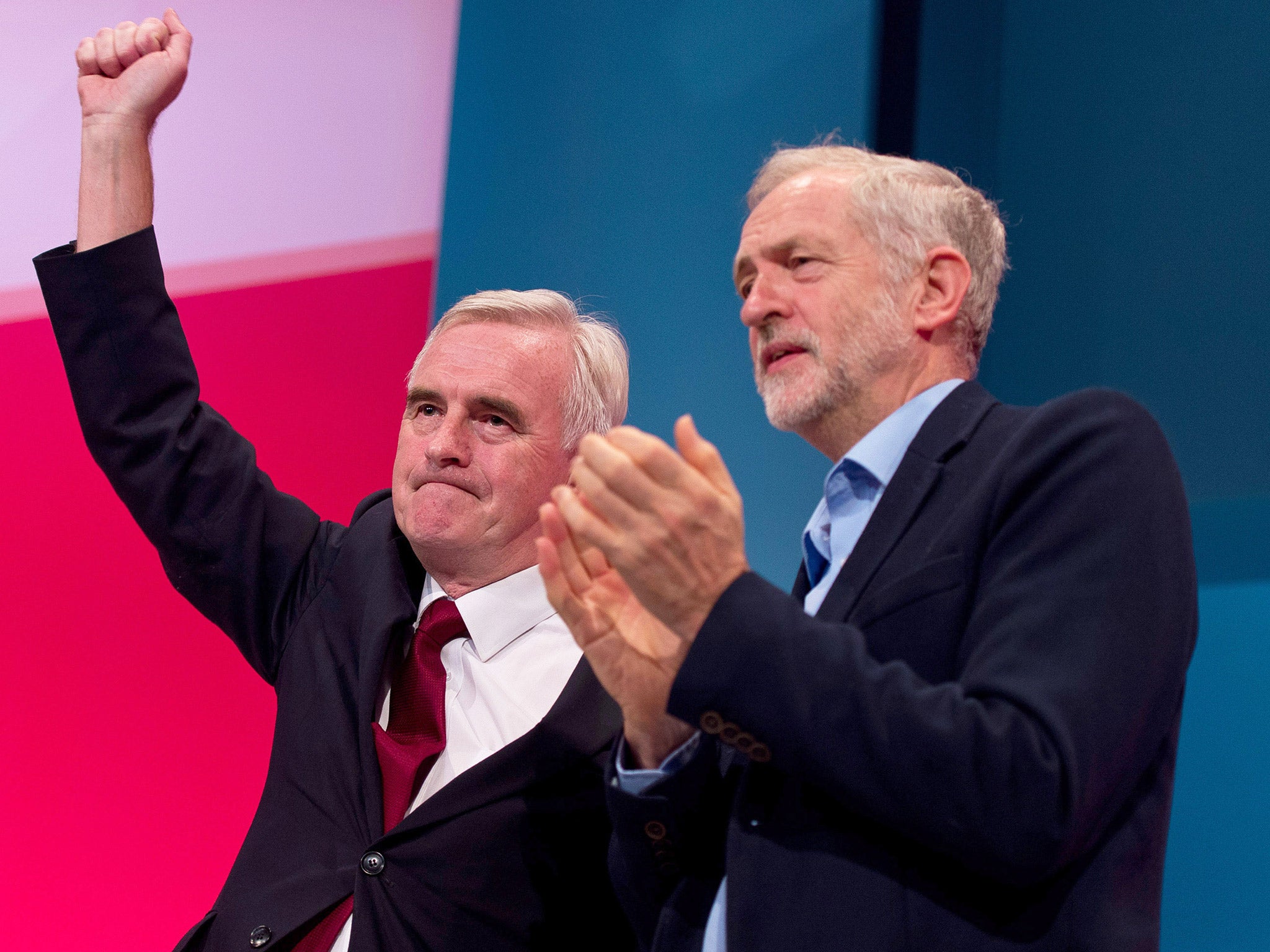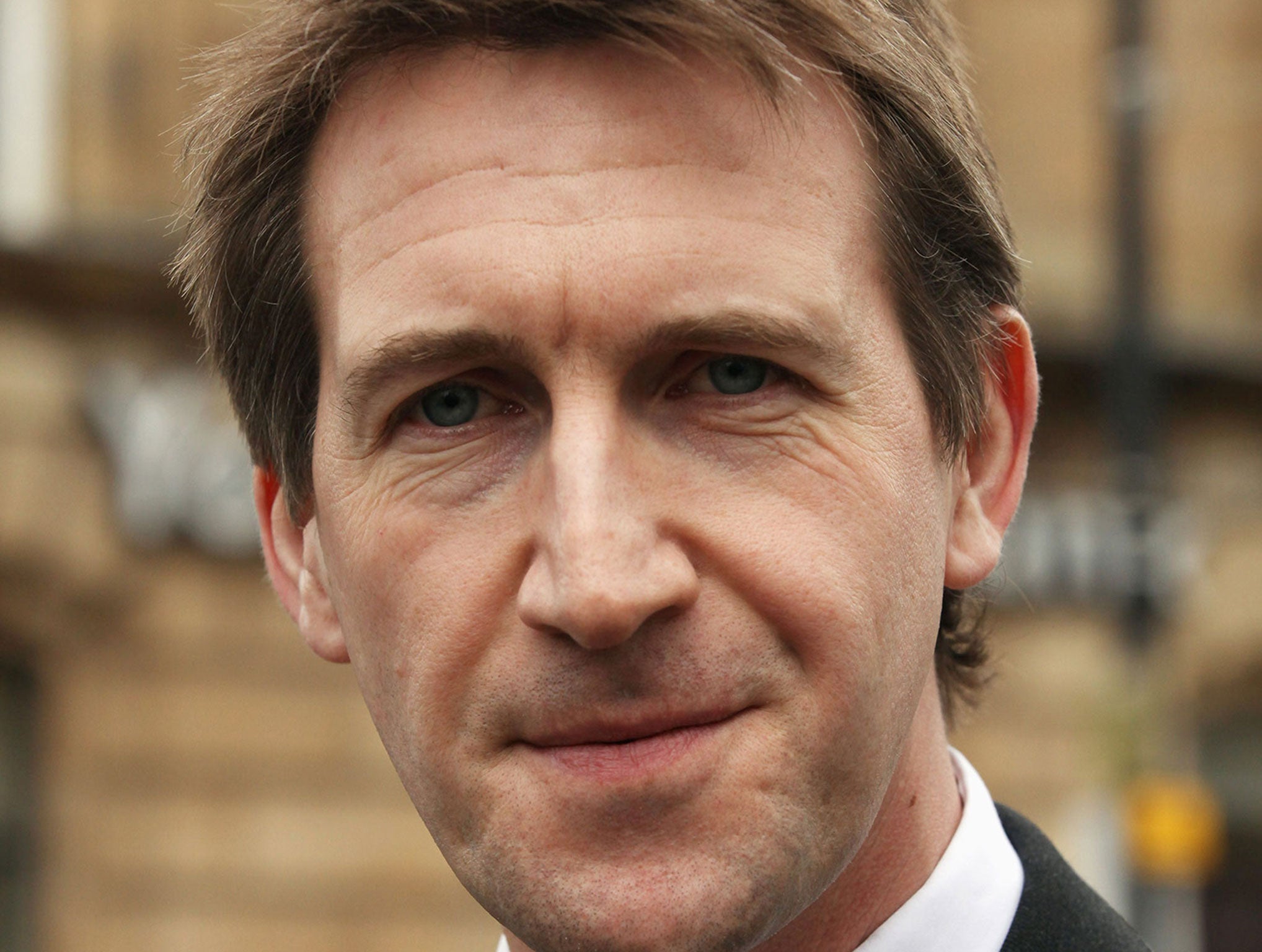Your support helps us to tell the story
From reproductive rights to climate change to Big Tech, The Independent is on the ground when the story is developing. Whether it's investigating the financials of Elon Musk's pro-Trump PAC or producing our latest documentary, 'The A Word', which shines a light on the American women fighting for reproductive rights, we know how important it is to parse out the facts from the messaging.
At such a critical moment in US history, we need reporters on the ground. Your donation allows us to keep sending journalists to speak to both sides of the story.
The Independent is trusted by Americans across the entire political spectrum. And unlike many other quality news outlets, we choose not to lock Americans out of our reporting and analysis with paywalls. We believe quality journalism should be available to everyone, paid for by those who can afford it.
Your support makes all the difference.Labour MPs should ensure that they are representing their constituents in Parliament – and not just members of their own party, Dan Jarvis has said.
Mr Jarvis, a backbencher widely seen in Westminster as a potential candidate to replace Jeremy Corbyn as leader, said he was not a “delegate” sent to Parliament by Labour members.
On Thursday morning Mr Jarvis sketched out his views on the economy in a speech – arguing that his party should champion “a government that is more active, businesses that look to the long term, and trade unions that stand up for our workers”.
He called for a Government that was “more radical” than Tony Blair, Gordon Brown, and Ed Miliband – but warned that he would not be beholden to the party’s membership, which polls show overwhelmingly supports Mr Corbyn.
“As a Labour MP I’m not a delegate for my local party, I’ve been elected to Parliament by my constituents to stand up for them and make sure their voice is heard in Parliament,” he said.
“In the end I don’t think we should ever lose sight that the public get to decide and I think we that need to make sure that having lost two general elections, our policies are rooted in the things that people care about.
“Yes, we must listen to a range of different voices, yes it’s incredibly important that we have that internal debate within the party, but we should never lose sight of the fact that what we need is a Labour government and that in the end it will be the public, the people of this country, who get to decide whether that’s what we have or not.”
Labour’s membership has doubled in size since Mr Corbyn was elected leader in September and polls suggest the leader would be comfortably returned with increased support in a leadership contest in which he featured.

Mr Jarvis dodged directly answering a question about whether he thought Mr Corbyn would automatically be allowed to stand in the event of a leadership contest – or whether he would have to secure nominations from Labour MPs, with whom he has struggled to find support.
He also warned that the series of local and regional elections in May would be “a major test” for the party.
The party’s rules do not explicitly spell out whether Mr Corbyn would automatically be able to stand in a challenge, but the leader’s office has said it believes this would be the case.
In what appeared to be a coded criticism of the shadow chancellor John McDonnell, Mr Jarvis began his speech by warning that the people who Labour was founded to help “do not attend economic seminars”.
Mr McDonnell, a close ally of Mr Corbyn, has championed a free series of seminars in an attempt to dispel myths about the economy.
Mr Jarvis later said he welcomed the fact that Mr Corbyn had prompted an open debate about the party’s future.
Elsewhere in the body of his speech Mr Jarvis suggested a number of policies including allowing a non-political national infrastructure commission to decide major infrastructure investments, repealing the Government’s trade union bill, and involving trade unions in the retraining of workers.
He argued that New Labour had had successes and also made mistakes, telling his audience: “We should defend our achievements and learn from our mistakes. To anyone else outside Westminster that is common sense.”

Join our commenting forum
Join thought-provoking conversations, follow other Independent readers and see their replies
Comments